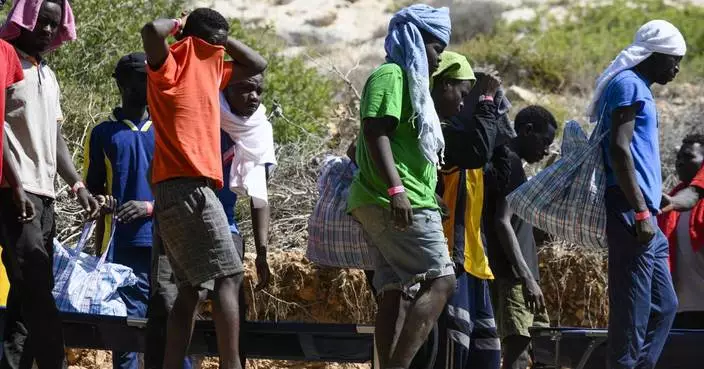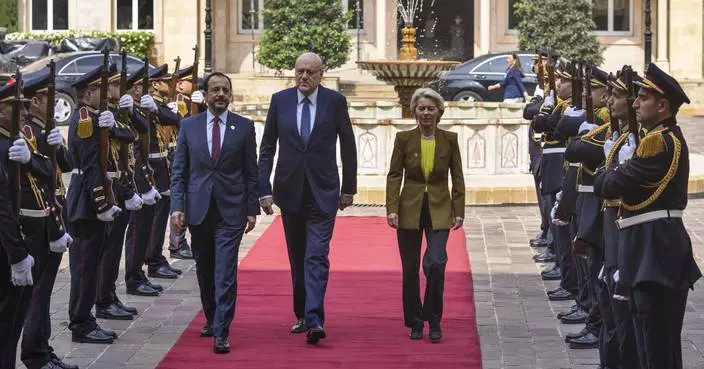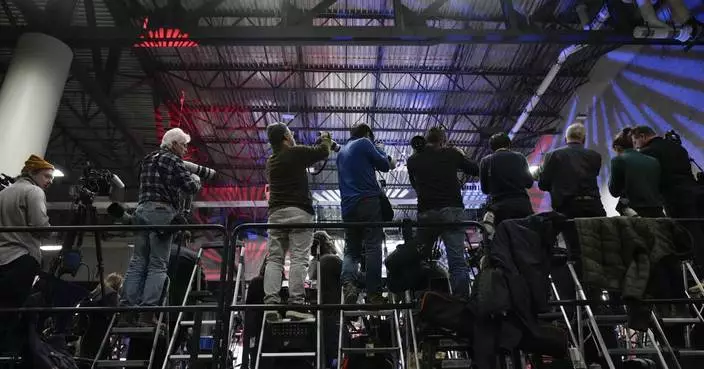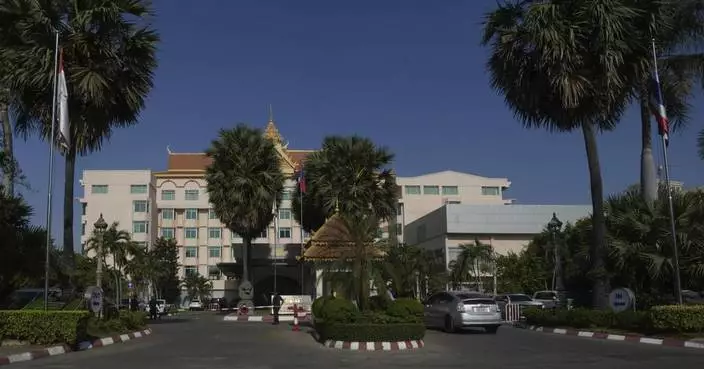Germany is preparing to deport a Moroccan man convicted in Hamburg of helping three of the Sept. 11 attackers as they got ready to strike New York and Washington.
Mounir el-Motassadeq was convicted in 2006 of membership in a terrorist organization and accessory to murder for his part in the plot.
The 44-year-old was sentenced to the maximum 15 years but received credit for time served after his November 2001 arrest.
Hamburg Interior Ministry spokesman Frank Reschreiter said that el-Motassadeq "will leave the country soon," but wouldn't specify exactly when he'd be returned to Morocco, saying authorities didn't want to jeopardize the procedure.
He said that "all the necessary procedural steps for this have been ticked off according to plan."
El-Motassadeq's attorney didn't immediately return a call.
LONDON (AP) — The pharma giant AstraZeneca has requested that the European authorization for its COVID-19 vaccine be pulled, according to the EU medicines regulator.
In an update on the European Medicines Agency's website Wednesday, the regulator said that the approval for AstraZeneca's Vaxzevria had been withdrawn “at the request of the marketing authorization holder.”
AstraZeneca's COVID-19 vaccine was first given the nod by the EMA in January 2021. Within weeks, however, concerns grew about the vaccine's safety, when dozens of countries suspended the vaccine's use after unusual but rare blood clots were detected in a small number of immunized people. The EU regulator concluded AstraZeneca's shot didn't raise the overall risk of clots, but doubts remained.
Partial results from its first major trial — which Britain used to authorize the vaccine — were clouded by a manufacturing mistake that researchers didn’t immediately acknowledge. Insufficient data about how well the vaccine protected older people led some countries to initially restrict its use to younger populations before reversing course.
Billions of doses of the AstraZeneca vaccine were distributed to poorer countries through a U.N.-coordinated program, as it was cheaper and easier to produce and distribute. But studies later suggested that the pricier messenger RNA vaccines made by Pfizer-BioNTech and Moderna provided better protection against COVID-19 and its many variants, and most countries switched to those shots.
The U.K.'s national coronavirus immunization program in 2021 heavily relied on AstraZeneca's vaccine, which was largely developed by scientists at Oxford University with significant financial government support. But even Britain later resorted to buying the mRNA vaccines for its COVID booster vaccination programs and the AstraZeneca vaccine is now rarely used globally.
The Associated Press Health and Science Department receives support from the Howard Hughes Medical Institute’s Science and Educational Media Group. The AP is solely responsible for all content.
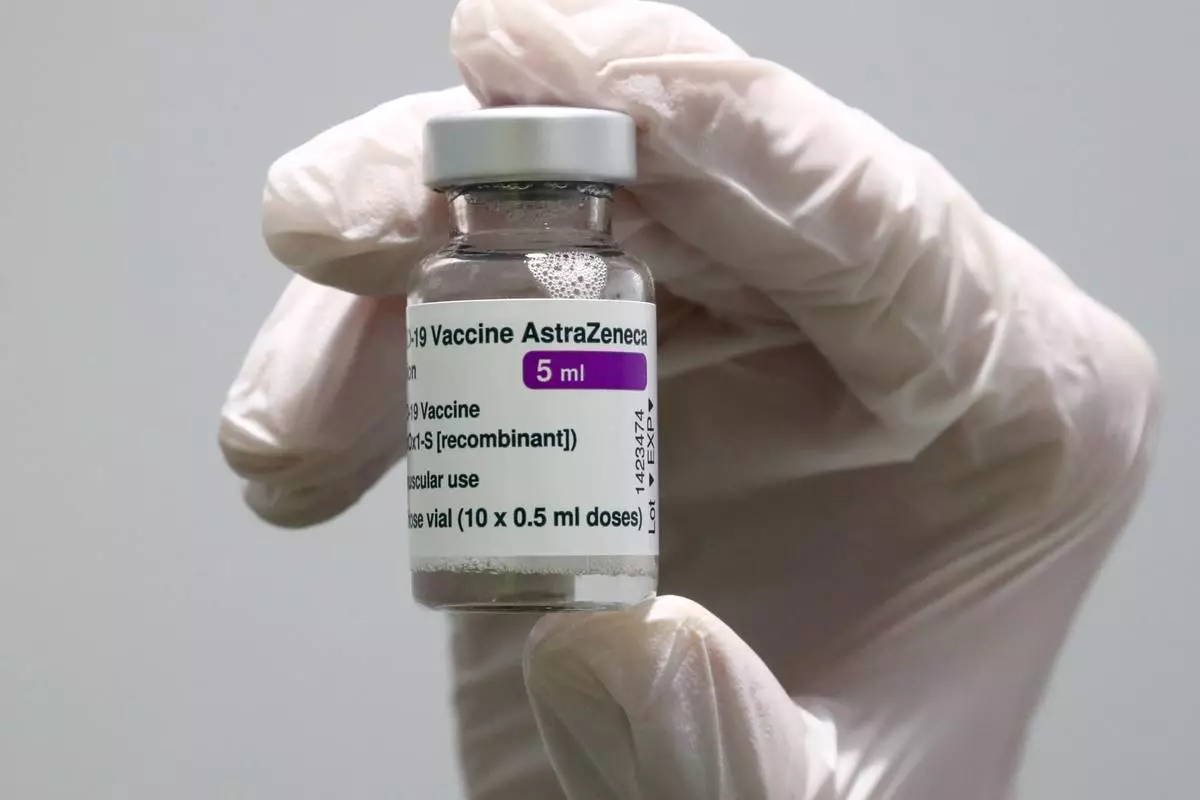
FILE - Medical staff prepares an AstraZeneca coronavirus vaccine during preparations at the vaccine center in Ebersberg near Munich, Germany, Monday, March 22, 2021. The pharma giant AstraZeneca has requested that its European authorization for its COVID vaccine be pulled, according to the EU medicines regulator on Wednesday, May 8, 2024. (AP Photo/Matthias Schrader, FILE)





